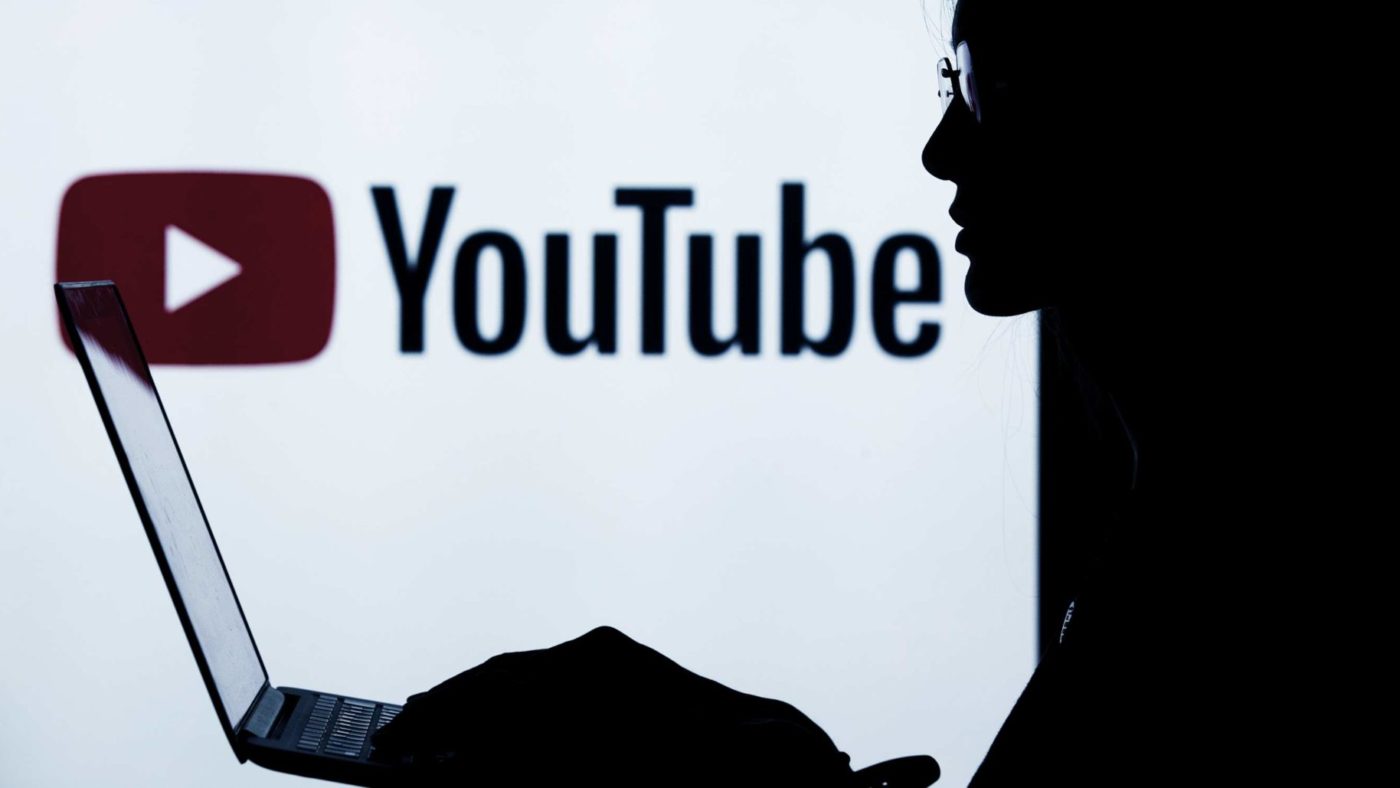Last weekend YouTube deleted conspiracy theorist David Icke’s channel.
The world’s biggest video site banned Icke not for his decades of crackpottery but rather his latest vomit about coronavirus and 5G. This marks an escalation in YouTube’s ‘disinformation’ policies. In the past, they have largely removed content because of harassment—albeit increasingly defined in identity terms—and dealt with disinformation by linking to fact checking sites.
It goes without saying, but in our age perhaps has to be reiterated, that I absolutely detest Icke’s views. He is a loathsome individual whose utterings make the world a worse place. But he exists. He does hold views. Some, not many, share his views. A further set of people are intrigued by them. When YouTube bans this content, they are effectively saying people cannot hear a crazy idea without being easily manipulated.
Not only is it deeply paternalistic, but it is also counterproductive. Bad ideas fester in the darkness where they cannot be rebutted. Conspiracy theorists’ ruse is that they are speaking a deeper truth that authorities do not want you and will not let you hear. When authorities censor their views, it rather proves their point. It emboldens the paranoia of their followers.
This site’s editor, John Ashmore, has written that YouTube deleting Icke’s channel is not a free speech issue. In the strictest sense, this is true: Google is a private company that can and should decide what content they host.
But, importantly, they are not acting independently. The tech companies are under extreme state pressure.
The UK Government and Parliament, as well as the European Commission are effectively ordering online censorship. The Government has created a “Rapid Response Unit” to combat “harmful narratives online”. This is shrouded in secrecy. We do not know what narratives they are tackling or how they interact with online companies.
State diktats act in a similar, albeit less democratically accountable, fashion to actual laws and regulation. The implicit threat of harsh laws, as well as the explicit Online Harms regime currently on the table, means these companies feel little option but to do what they are told or be punished with fines or even jail time for executives in future.
The illiberal actions of liberal democracies also set a terrible global precedent, making it harder for tech companies to resist the thousands of takedown requests from less democratic countries.
We should raise questions about what narratives are being ‘corrected’. What is a “conspiracy” or “disinformation”? Should the state have the power to decide what is true or false in a free society? Just a couple of months ago the notion that the virus originated from a lab was pure conspiracy theory – now it is being seriously considered by the American intelligence community.
The truth is that scientific knowledge requires debate: a hypothesis can always be proved or disproved. Democratic tradition requires debate. We do not know whether the world revolves around the sun in advance. That is why we allow the likes of Galileo to express his contrarian perspective. Eppur si muove is a phrase that echoes down the generations and reminds us that no human institution and no divine will has the right to silence our challenge.
The alternative is to depend on homily from on high, taking the unscientific view that there exists a consensus, a series of known facts and all other ideas are unnecessary. The tech companies are largely allowing the World Health Organisation to decide the truth. This is the same organisation that told us in January that human-to-human transmission was unlikely, is best known for doing the propaganda bidding of the Chinese Communist Party and continues to ignore the existence of Taiwan.
A Conservative government and Conservative MPs should be particularly wary about pressuring tech companies to censor speech. Their own activists, who often express politically incorrect ideas, will inevitably be stung in the next round of censorship.
Even if YouTube were acting independently, those who believe in free speech should be concerned. Liberal theorist John Stuart Mill wrote just as harshly about state censorship as he did about the dangers of social intolerance:
“…there needs protection also against the tyranny of the prevailing opinion and feeling; against the tendency of society to impose, by other means than civil penalties, its own ideas and practices as rules of conduct on those who dissent from them”
The solution to social media censorship is not state action. The idea of declaring these organisations ‘public utilities’ is folly. More censorship, not less, would result. Just spend a few moments contemplating how your political opponent would use the power to control these companies like a public utility and you will quickly realise it is a terrible idea.
It is our responsibility to make the case for free speech to the tech giants as well to governments. They are inundated with demands for censorship, both from governments and civil society. But they do claim to believe in free expression. We should hold them accountable for the values they profess.
We must never forget that this crisis in no small part began because of the Chinese government’s decision to censor whistle-blowers in December and January. Free speech is not just a theoretical construct, to be considered when we can return to ivory towers. It continues to be a matter of life and death.
Click here to subscribe to our daily briefing – the best pieces from CapX and across the web.
CapX depends on the generosity of its readers. If you value what we do, please consider making a donation.


